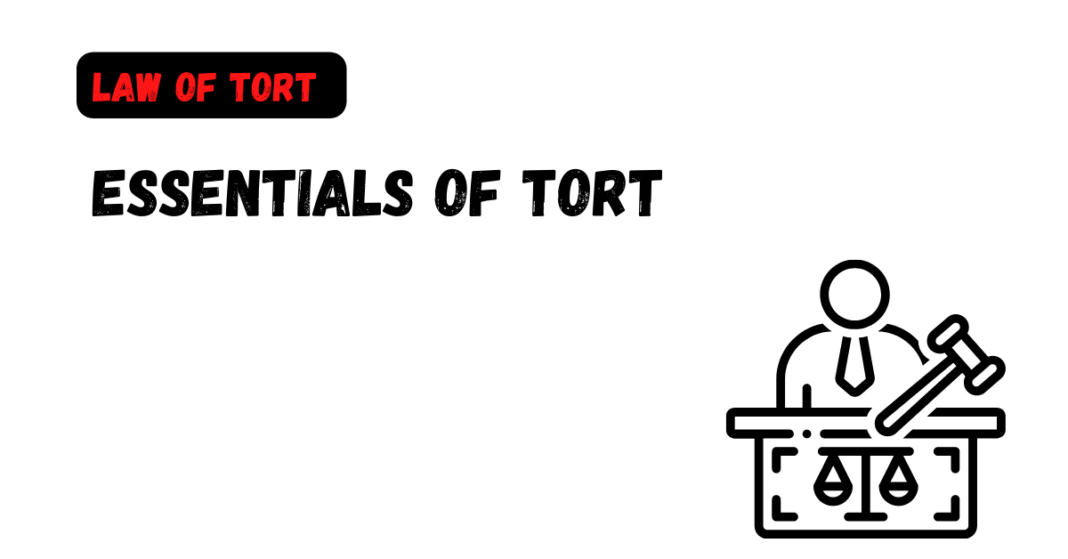Tort law is a branch of civil law that deals with civil wrongs committed by one person against the another person or their property. In order for a plaintiff to successfully pursue a tort claim, certain essentials elements must be present. These essentials elements include:
- Duty: The defendant owes a duty of care to the plaintiff. This means that the defendant has a legal obligation to act reasonably and not cause harm to the plaintiff.
- Breach of Duty: The defendant breaches their duty of care. This means that the defendant fails to act reasonably and causes harm to the plaintiff.
- Causation: The defendant’s breach of duty causes the plaintiff’s harm. The plaintiff must be able to show that their injury or harm was a direct result of the defendant’s actions or inactions.
- Damages: The plaintiff suffers actual damages, such as physical harm, emotional distress, or financial loss, as a result of the defendant’s breach of duty.
In addition to these essentials elements, there are also different types of torts that a plaintiff may pursue, including intentional torts, negligence, and strict liability.
Intentional torts: Intentional torts are actions that are deliberately taken with the intent of causing harm, such as assault or battery.
Negligence: Negligence occurs when a defendant fails to exercise reasonable care, causing harm to the plaintiff.
Strict liability: Strict liability applies when a defendant is held responsible for harm caused by their actions, regardless of whether or not they acted negligently.





